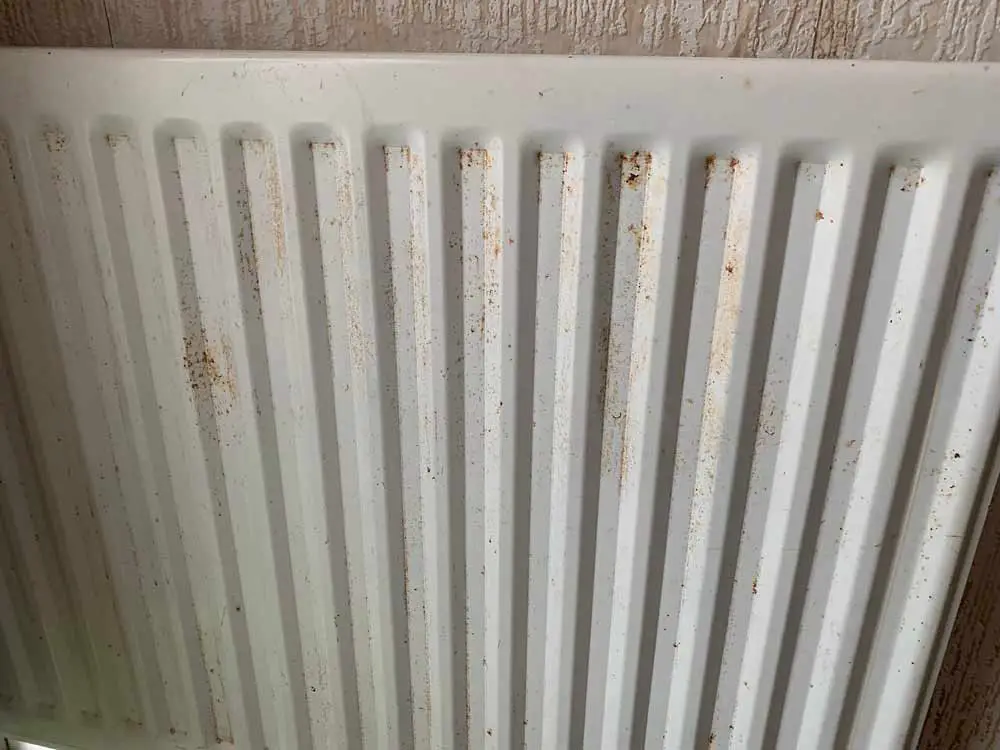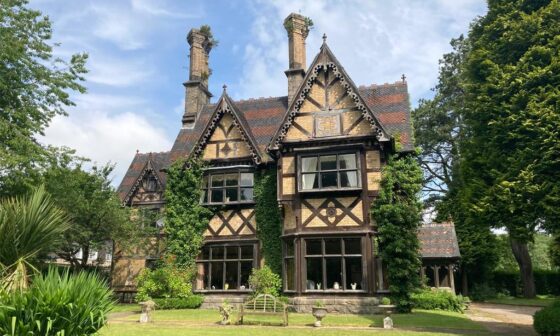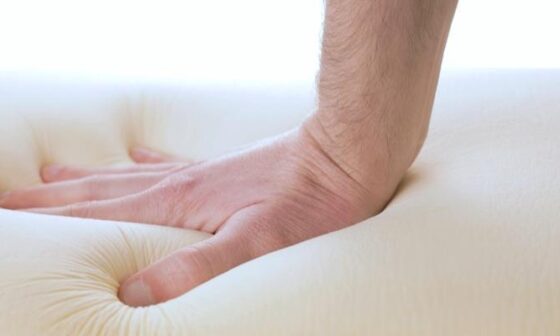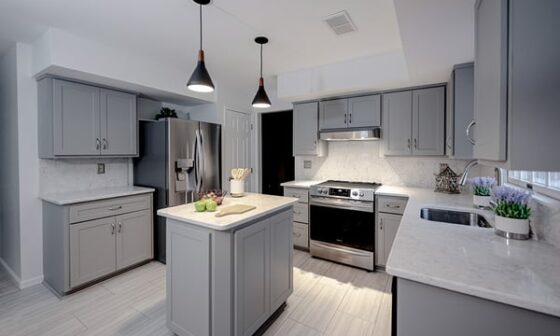
Radiators are essential components of heating systems, responsible for distributing heat throughout your home.
While they are typically durable, rusting on the outside can occur due to various factors. Let’s examine some of the possible reasons why your radiator is rusting on the outside.
1. Moisture and Humidity
Excessive moisture and humidity in the environment can accelerate the rusting process. If your radiator is located in a damp area, such as a basement or bathroom, it is more prone to rust.
The moisture in the air reacts with the metal surface of the radiator, causing it to oxidize and form rust.
2. Water Leaks
Water leaks within your heating system can also contribute to radiator rusting. If there are any leaks in the pipes or connections leading to the radiator, water may come into contact with the outer surface, promoting rust formation.
It is crucial to address any leaks promptly to prevent further damage to your radiator.
3. Lack of Protective Coating
Some radiators are manufactured with protective coatings, such as paint or powder coating, to prevent rust.
Over time, these coatings can wear off, exposing the metal surface to the elements. Once the protective layer is compromised, the radiator becomes more susceptible to rusting.
4. Poor Ventilation
Inadequate ventilation around your radiator can contribute to rust formation. If the radiator is placed in an enclosed space or is obstructed by furniture, the airflow is restricted, leading to moisture accumulation. Proper ventilation is essential to dissipate moisture and prevent rust.
5. Chemical Reactions
Certain chemicals present in the air or household cleaning products can react with the metal surface of your radiator, leading to rust formation.
For example, using corrosive cleaning agents that contain chlorine or ammonia near the radiator can accelerate the rusting process. It is advisable to use mild cleaning solutions specifically formulated for radiators.
6. External Factors
External factors such as exposure to harsh weather conditions, salt-laden air near coastal areas, or corrosive substances can all contribute to radiator rusting.
If your radiator is installed outdoors or in a location prone to these factors, it is more likely to develop rust.
Impact of Radiator Rusting on the Outside
Now that we understand some of the reasons behind radiator rusting on the outside, let’s explore the potential consequences and how they can affect the performance of your heating system.
1. Decreased Efficiency
Rust accumulation on the outer surface of the radiator can hinder its ability to transfer heat effectively. The rust acts as an insulating layer, reducing the efficiency of heat distribution.
As a result, your heating system may need to work harder and consume more energy to maintain the desired temperature.
2. Reduced Lifespan
Rust not only affects the radiator’s performance but can also shorten its lifespan. The corrosion weakens the metal structure, making it more susceptible to damage and leaks.
If left untreated, severe rusting can lead to irreparable damage, necessitating the replacement of the entire radiator.
3. Aesthetically Unappealing
Radiator rusting on the outside can detract from the overall aesthetics of your home. The unsightly appearance may affect the value of your property, particularly if you are planning to sell or rent it out.
Maintaining a well-maintained radiator is crucial for enhancing the visual appeal of your living space.
4. System Breakdown
If rusting is left unchecked and progresses to severe corrosion, it can result in a complete system breakdown.
This can be highly inconvenient, particularly during cold winter months when you rely on your heating system the most. Regular inspections and maintenance are essential to detect and address rusting issues before they escalate.
Are Rusty Radiators Dangerous?
Rusty radiators can be a cause for concern, but whether or not they are dangerous depends on the severity of the rust and the specific circumstances. Here are some factors to consider:
- Water Leaks and Structural Damage: Severe rusting can weaken the metal structure of the radiator, leading to leaks. Water leakage from the radiator can cause damage to surrounding areas, such as walls or flooring.
Additionally, prolonged exposure to moisture can contribute to mould growth, which can be harmful to your health.
- Potential Health Risks: While the rust itself may not pose direct health risks, it can introduce impurities into the heating system.
These impurities, including dust, debris, and corrosion particles, can be released into the air when the radiator is in use. This may cause respiratory issues or allergies, particularly for individuals with pre-existing sensitivities.
- Electrical Hazards: In some cases, rusty radiators may have compromised electrical connections, especially if they are part of an electric heating system. This can create electrical hazards, such as short circuits or electrical fires.
Prevention and Maintenance
To ensure your radiator remains in optimal condition and prevent rusting on the outside, follow these preventive measures and maintenance tips:
1. Keep the Surrounding Area Dry
Ensure that the area around your radiator remains dry by addressing any leaks or moisture issues promptly. Use a dehumidifier if necessary, particularly in humid environments or damp spaces.
2. Enhance Ventilation
Maintain adequate airflow around the radiator by avoiding obstructions. Rearrange furniture if needed to ensure the radiator receives proper ventilation. This will help prevent moisture buildup and subsequent rusting.
3. Regular Cleaning
Clean your radiator regularly using mild cleaning solutions specifically designed for radiators. Avoid using harsh chemicals or abrasive materials that can damage the surface or exacerbate rusting.
4. Inspect and Repair Leaks
Regularly inspect your heating system, including the pipes and connections leading to the radiator, for any signs of leaks.
Promptly repair any leaks to prevent water from reaching the radiator’s outer surface.
5. Apply Protective Coating
If your radiator does not have a protective coating or if the existing coating is worn off, consider applying a suitable protective layer.
Consult with a professional or refer to the manufacturer’s guidelines for the recommended coating type and application method.
6. Seek Professional Maintenance
Schedule regular maintenance with a qualified heating technician to inspect and service your heating system. They can identify potential rusting issues, address any underlying problems, and ensure optimal performance.



